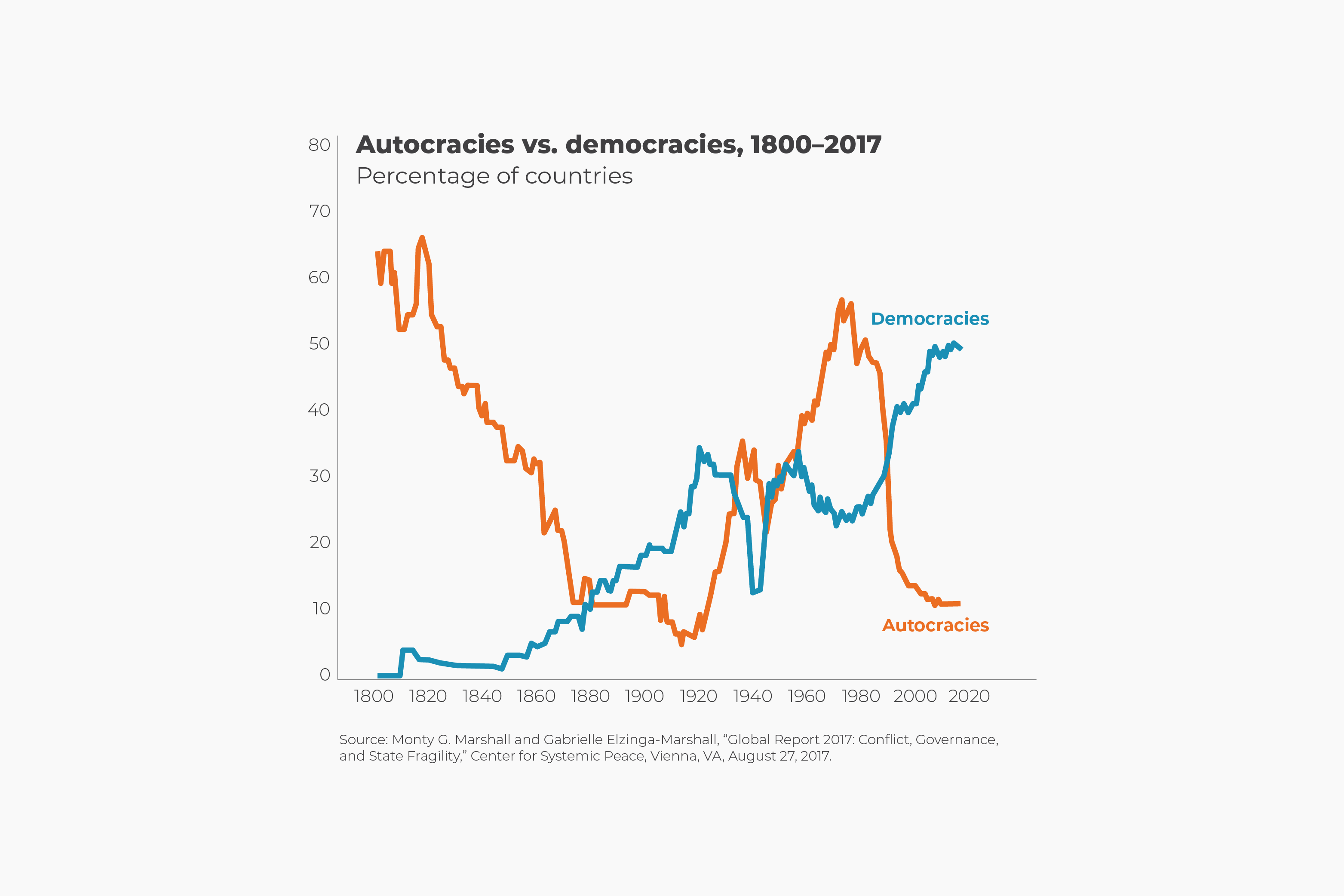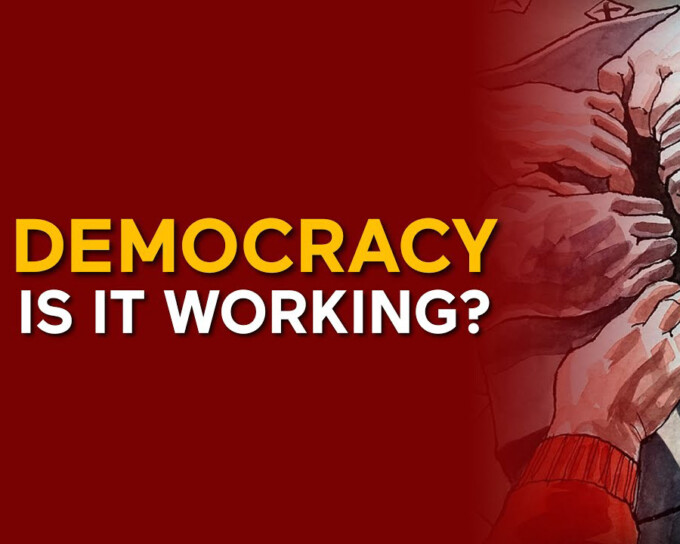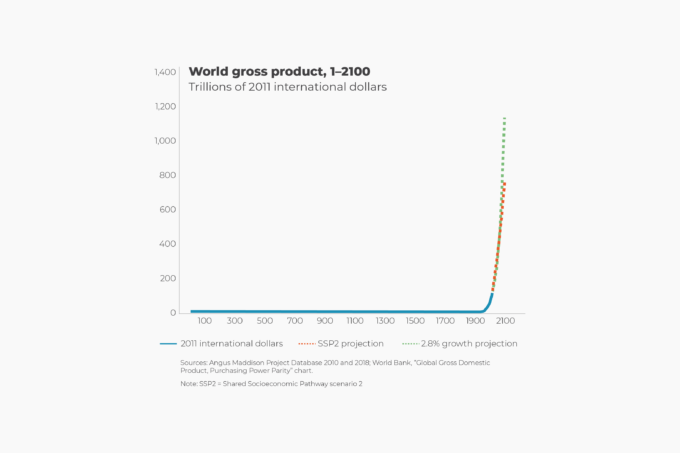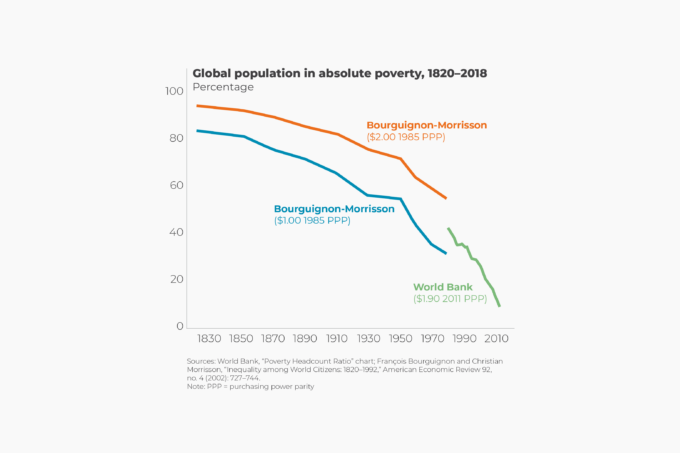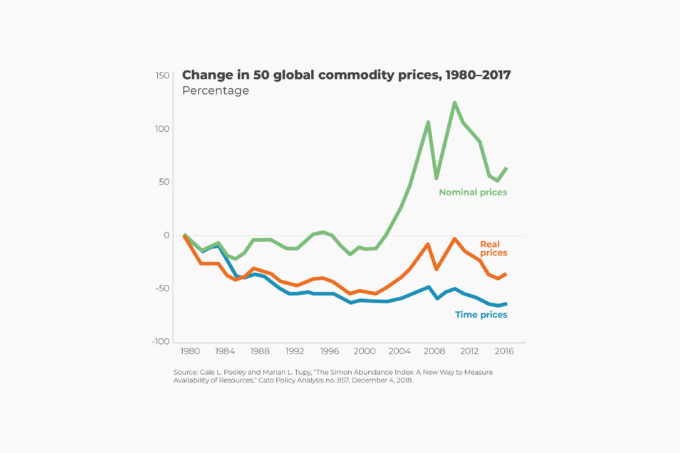Reflecting on the implosion of communist dictatorships at the end of the 20th century, American academic Francis Fukuyama suggests in his 1989 essay, The End of History, “What we may be witnessing is not just the end of the Cold War,” but “the universalization of Western liberal democracy as the final form of human government.”
Today, many accuse Fukuyama of naiveté, because authoritarian populism of left-wing and right-wing varieties is on the rise in many parts of the world; Russia, Turkey, and Venezuela are each examples of countries moving away from liberal democracy. Yet it would be a mistake to dismiss Fukuyama’s thesis altogether. Democracy may not be expanding as fast as it once did, but neither is it in full retreat.
Modern representative democracy arose in Western Europe during the 18th century. It then slowly spread to other parts of the world, reaching a high point in the early 1920s. The rise of fascism and communism reversed some of the democratic gains in the decades afterward. By the early 1970s, roughly twice as many countries could have been described as autocratic than as democratic. After the fall of the Berlin Wall in 1989, democracy greatly expanded.
The Center for Systemic Peace evaluates the characteristics of a political regime in each country on a scale from −10, which denotes a tyranny like North Korea, to 10, which denotes a politically free society like Norway. The percentage of countries that scored 7 and above, thus qualifying as full-fledged democracies, rose from 31 percent in 1989 to 49 percent in 2017. The percentage of countries that scored −7 and below, thus qualifying as full-fledged autocracies, declined from 39 percent to 11 percent over the same period. Countries with both democratic and autocratic characteristics rose from 30 percent to 39 percent. All in all, it is premature to write democracy’s obituary just yet.

